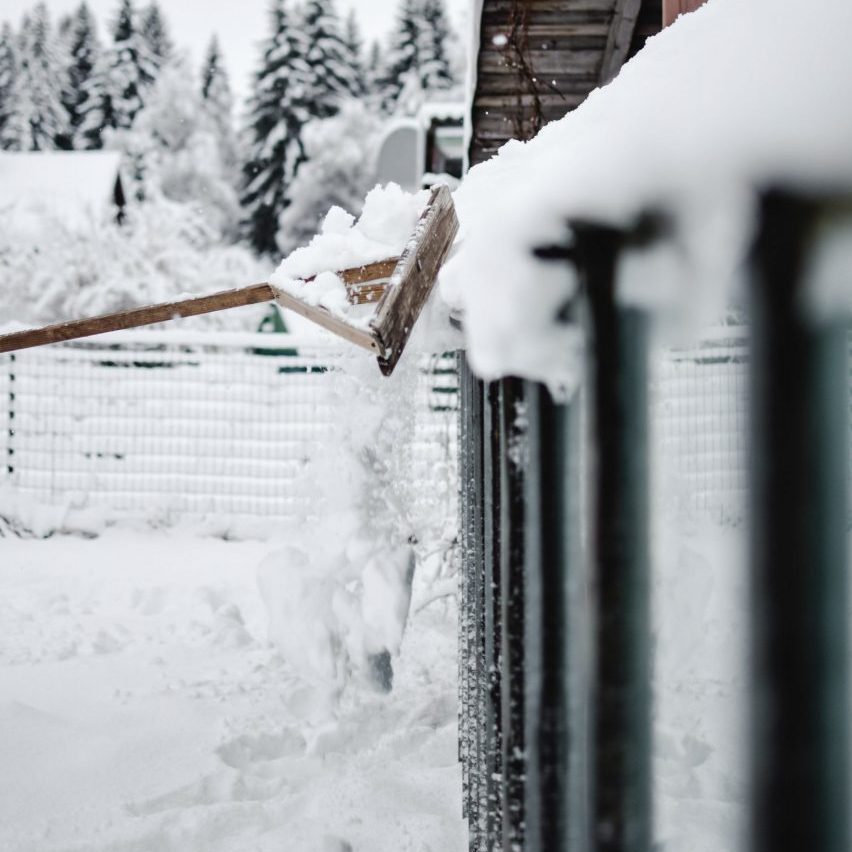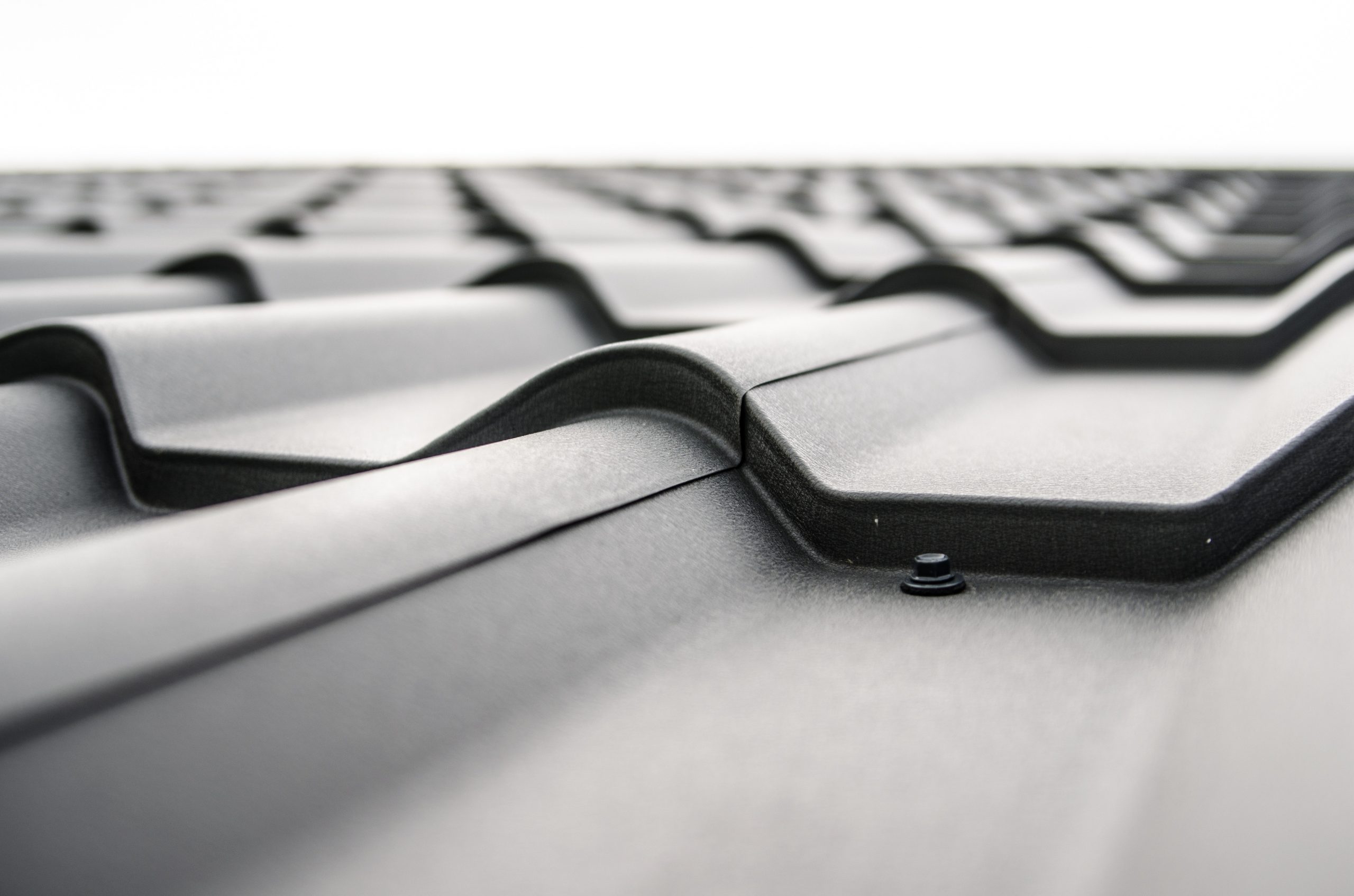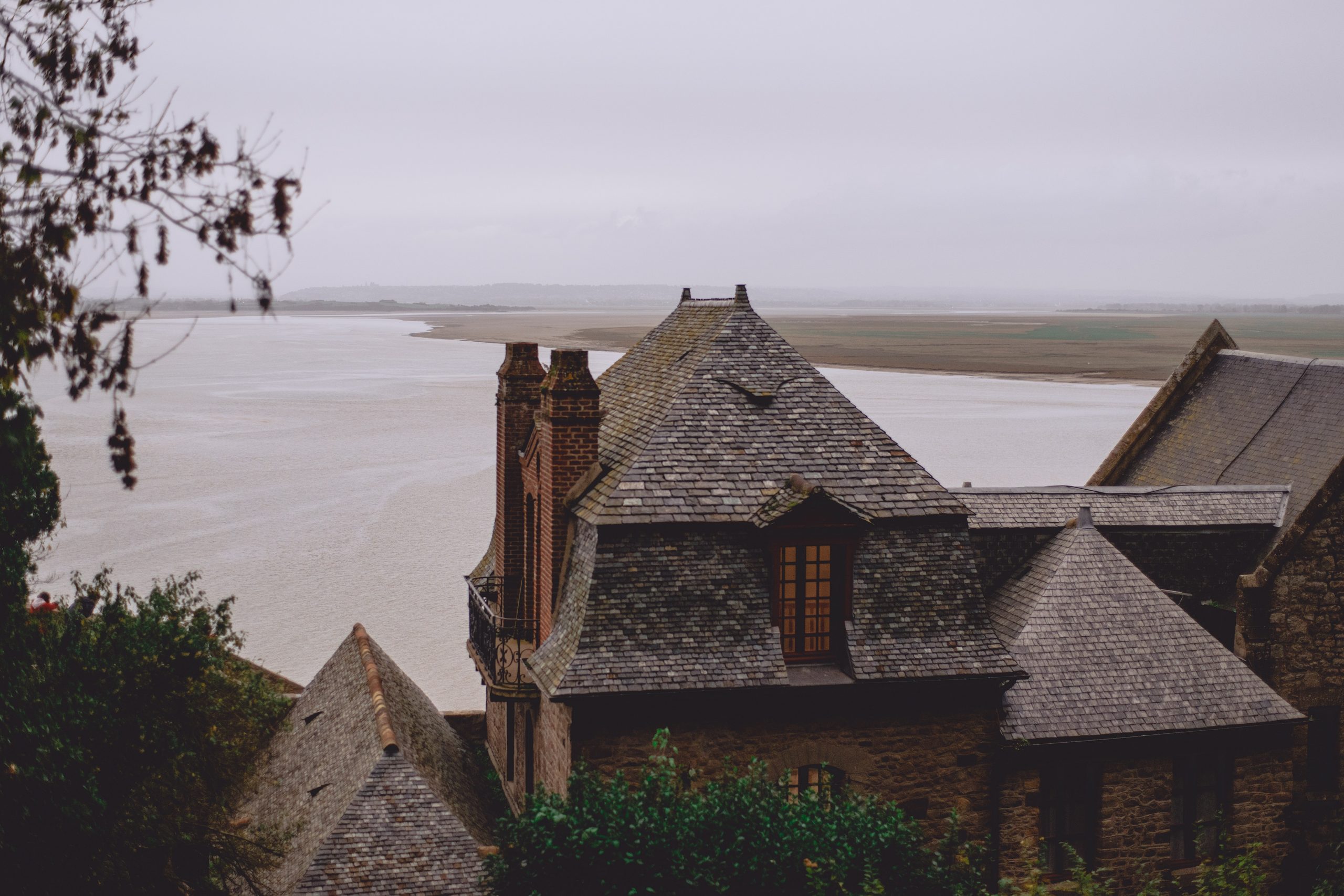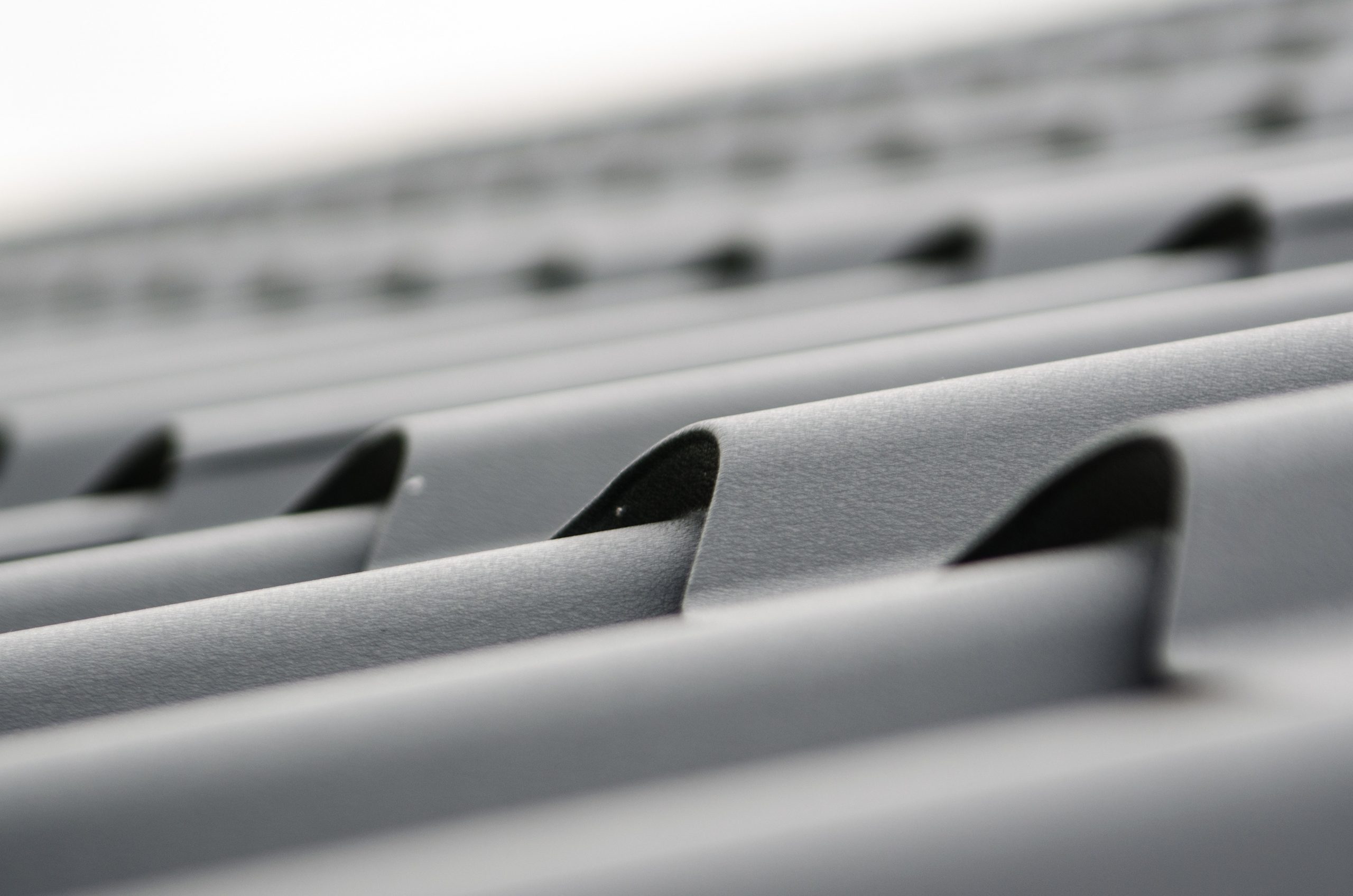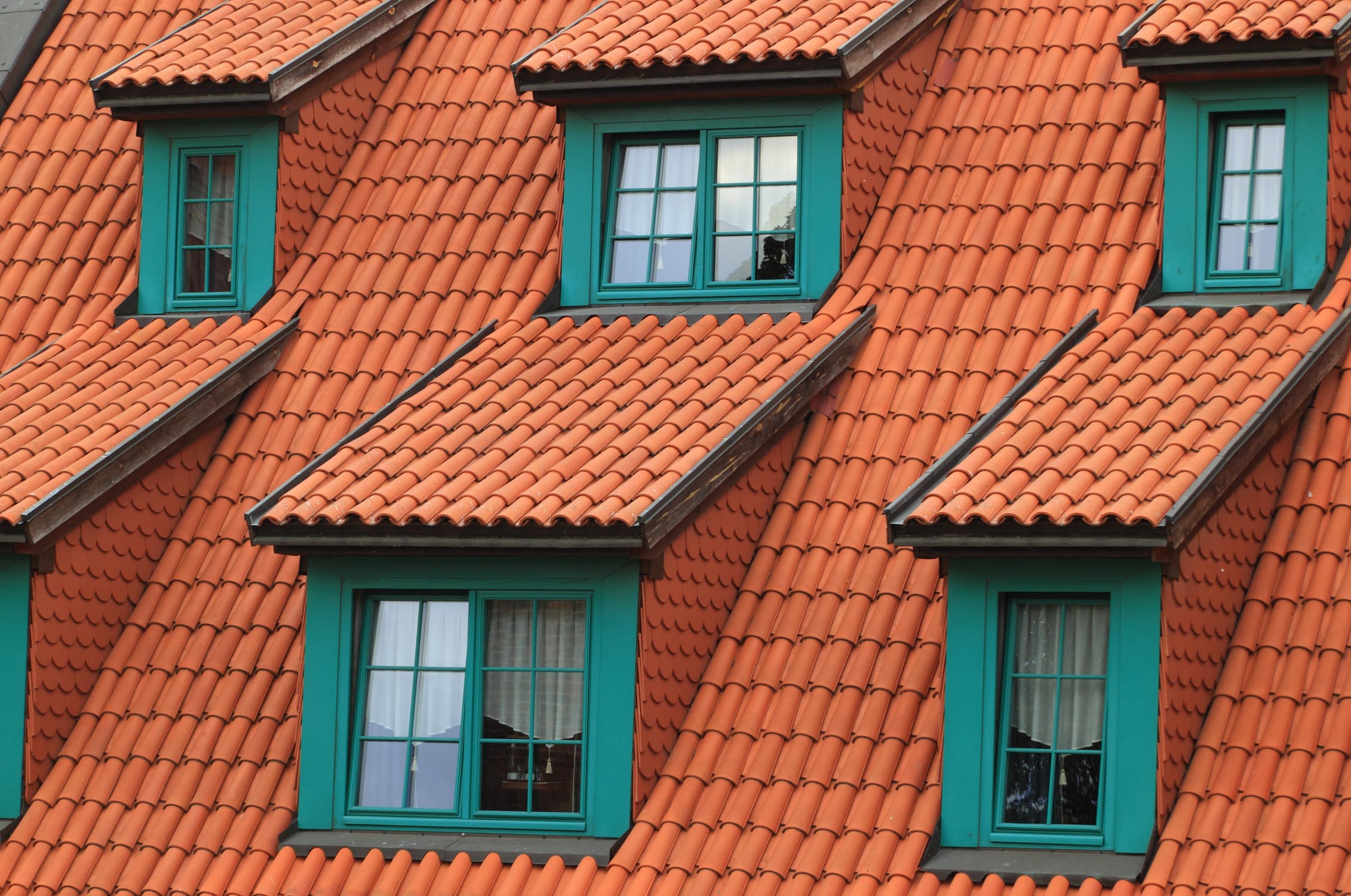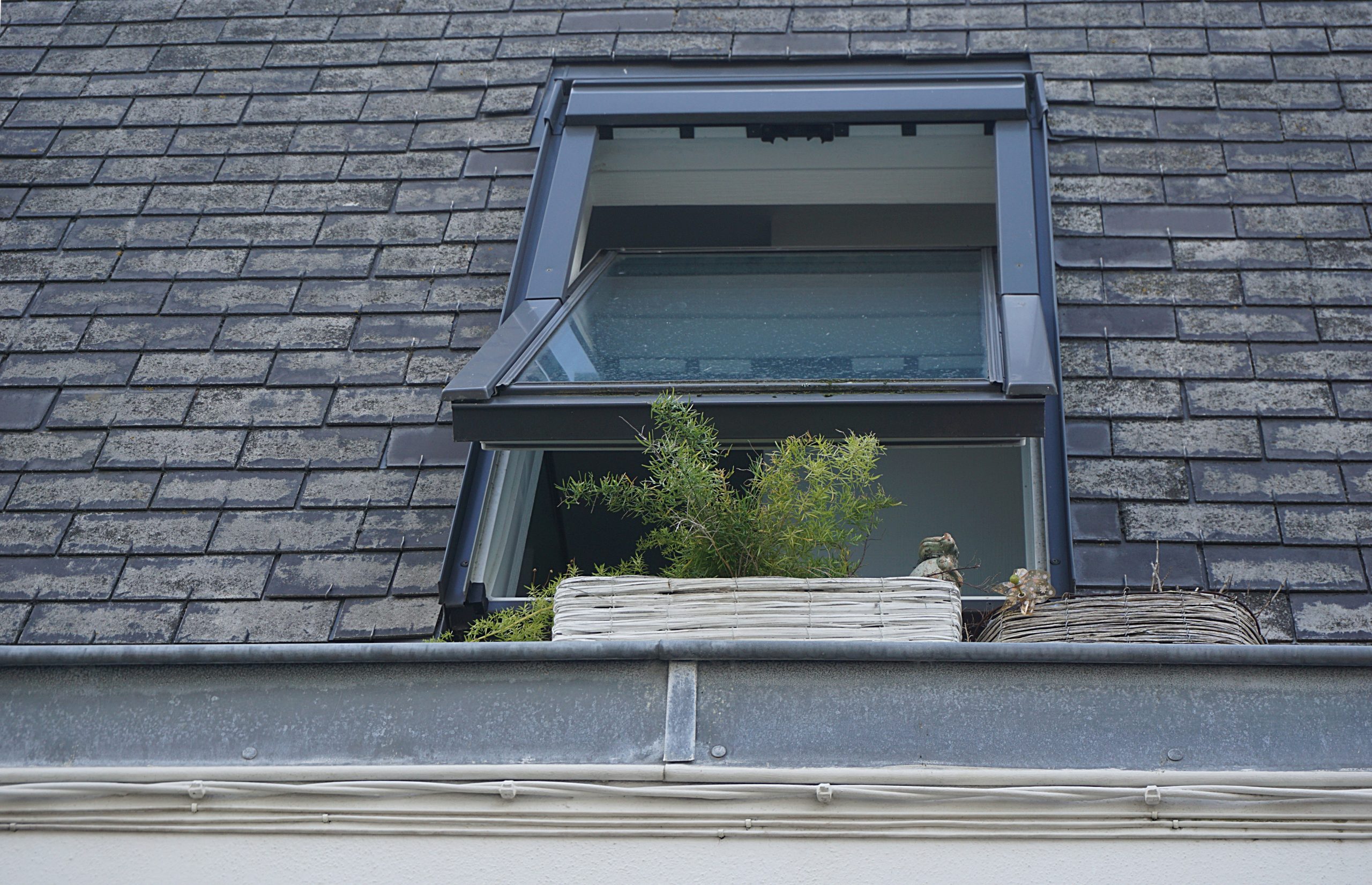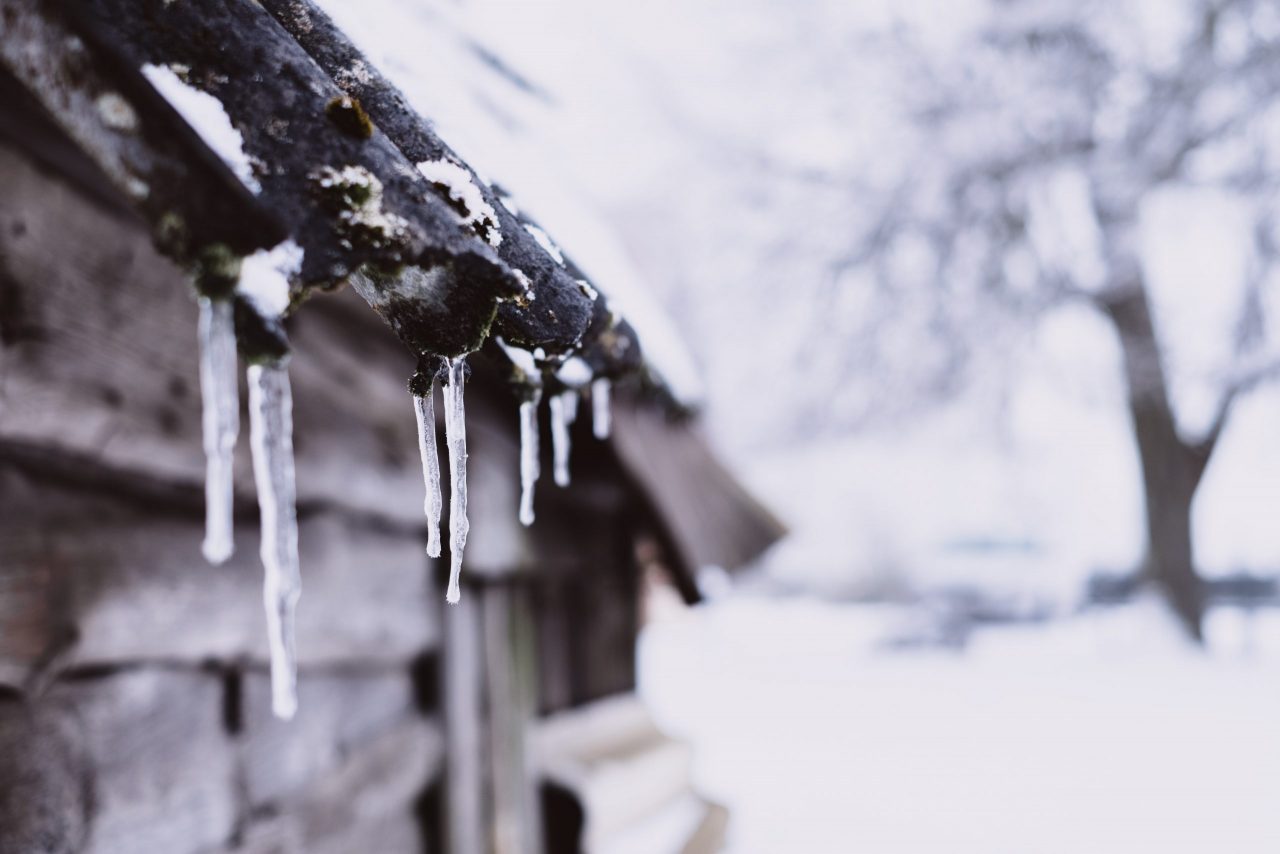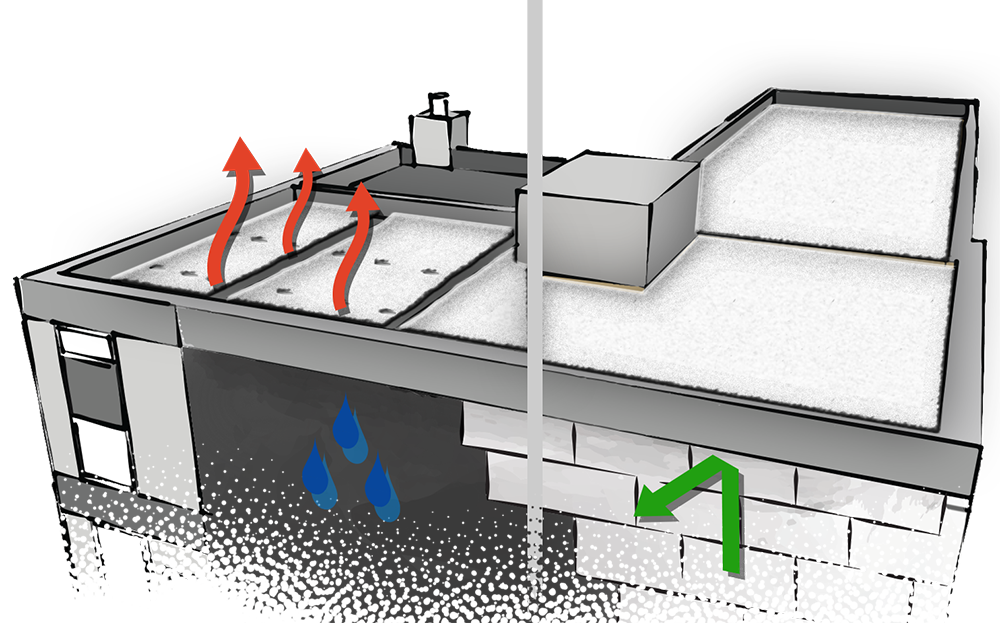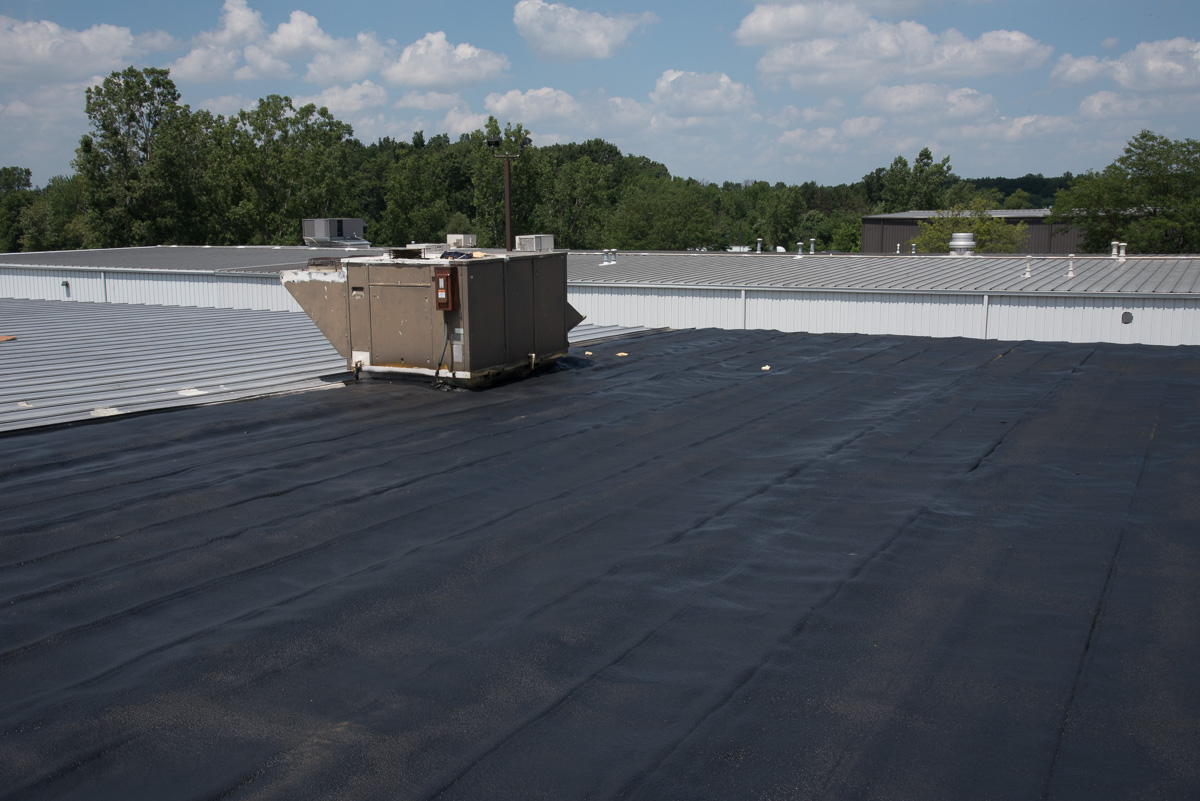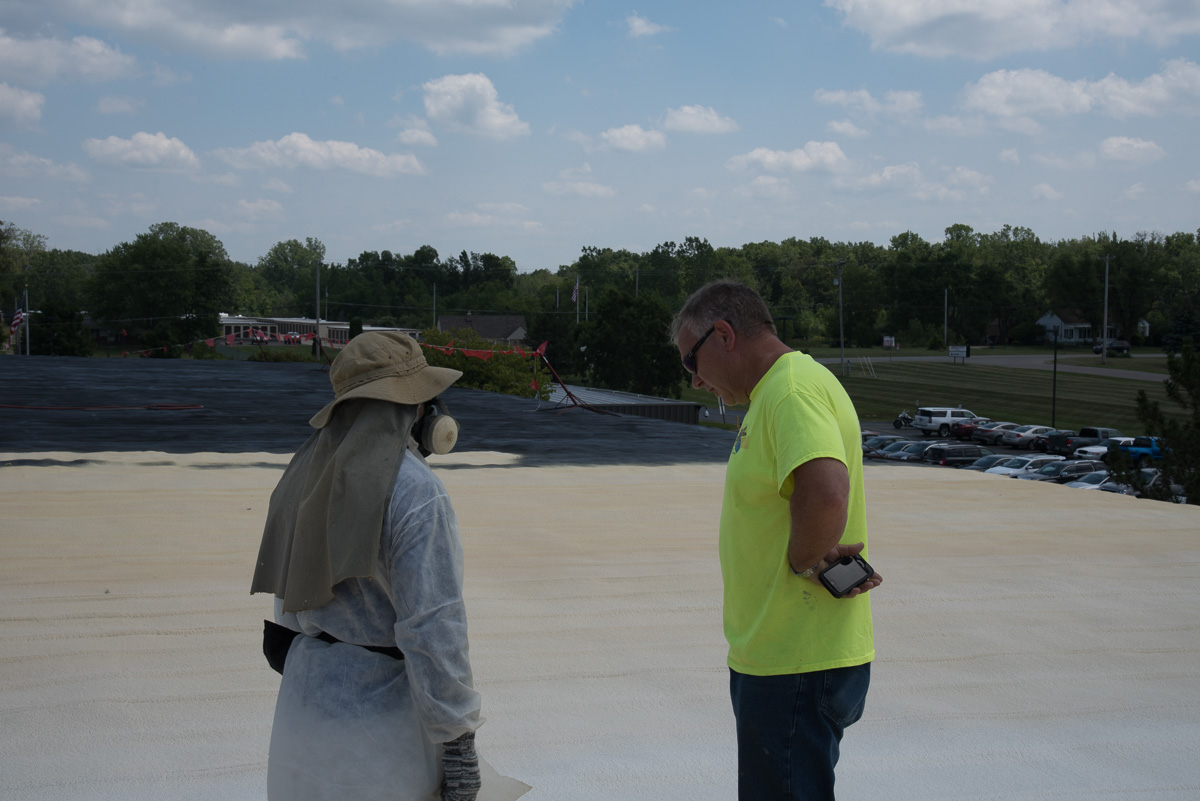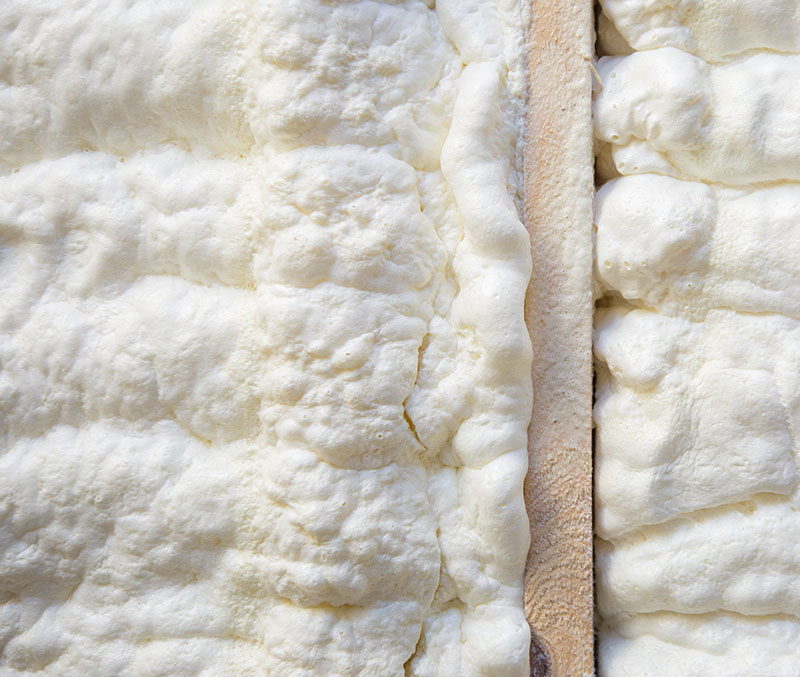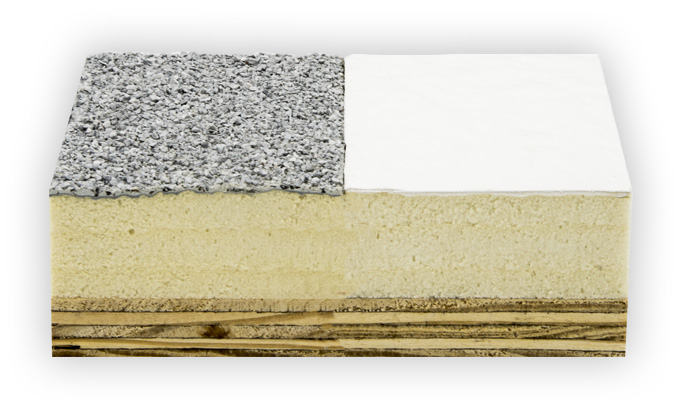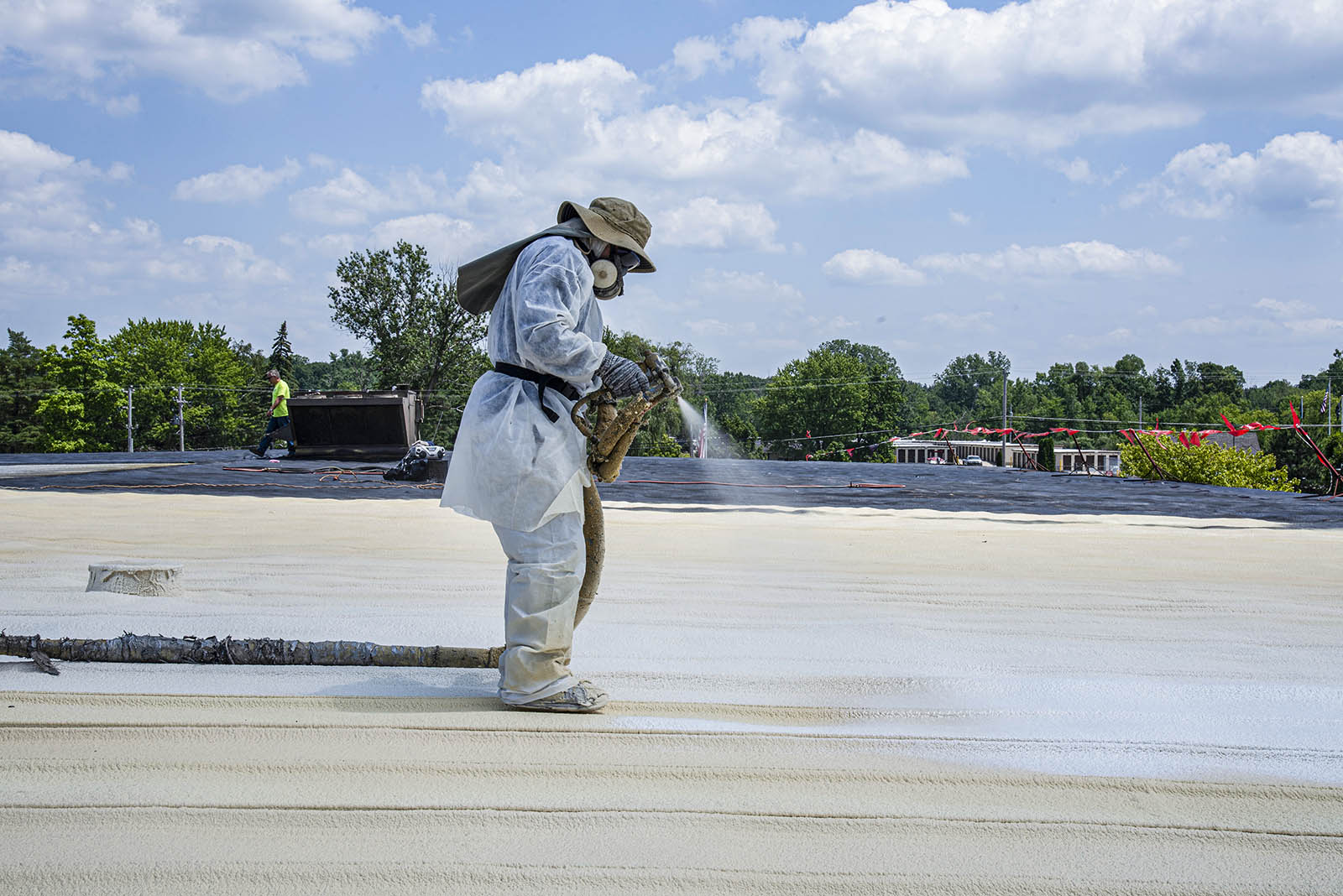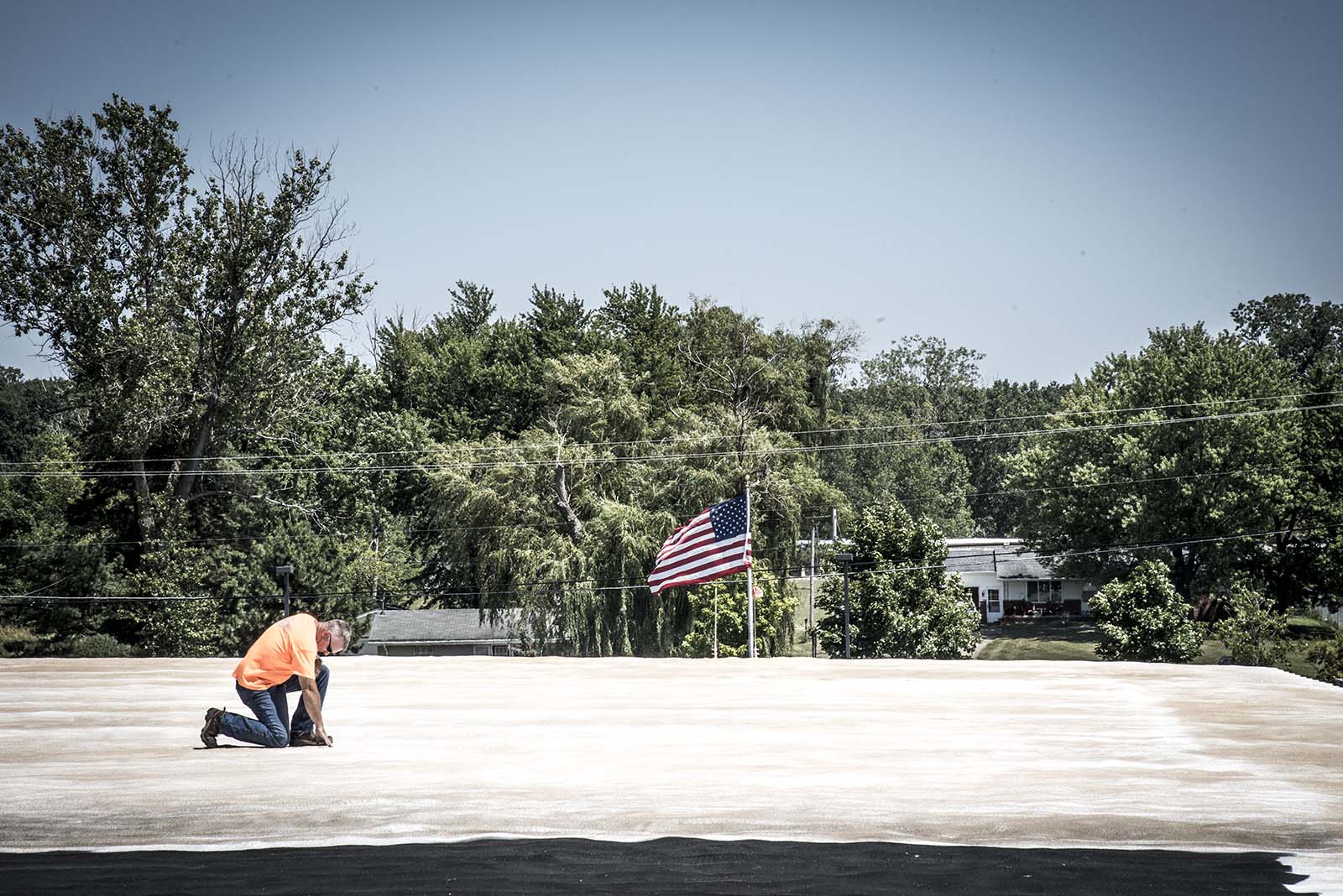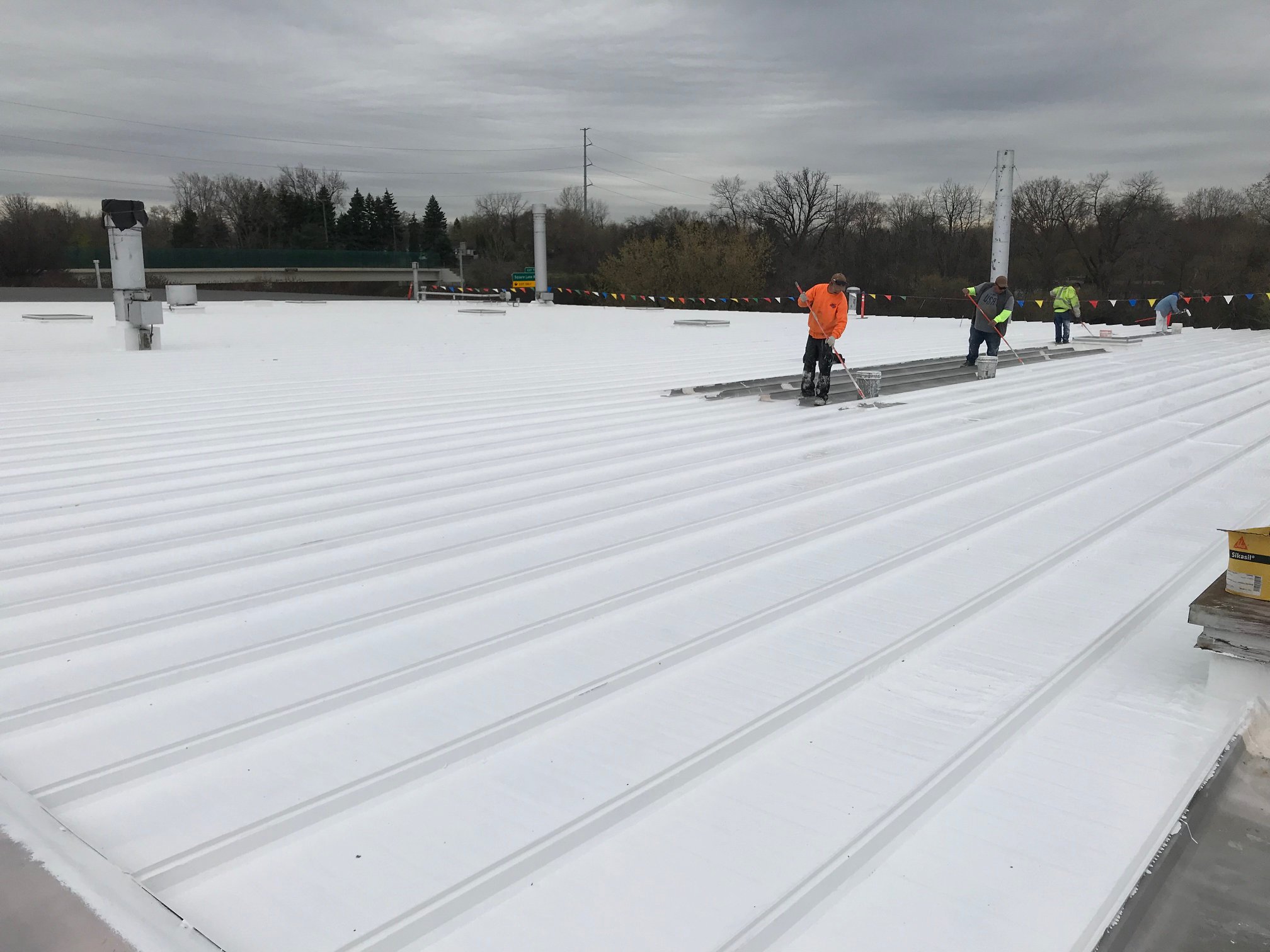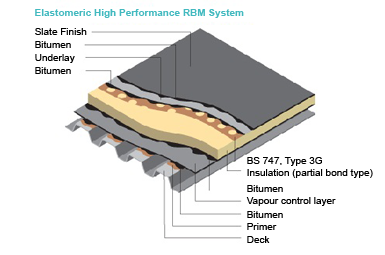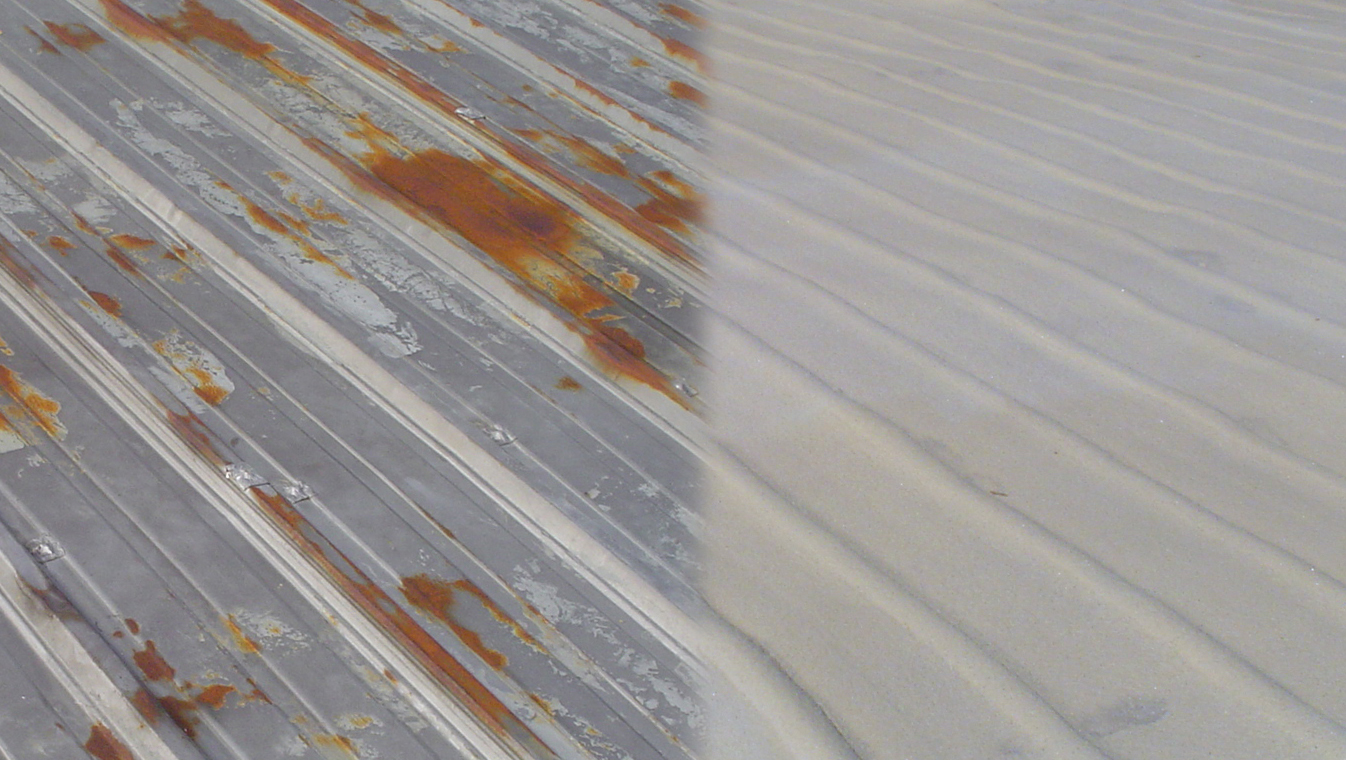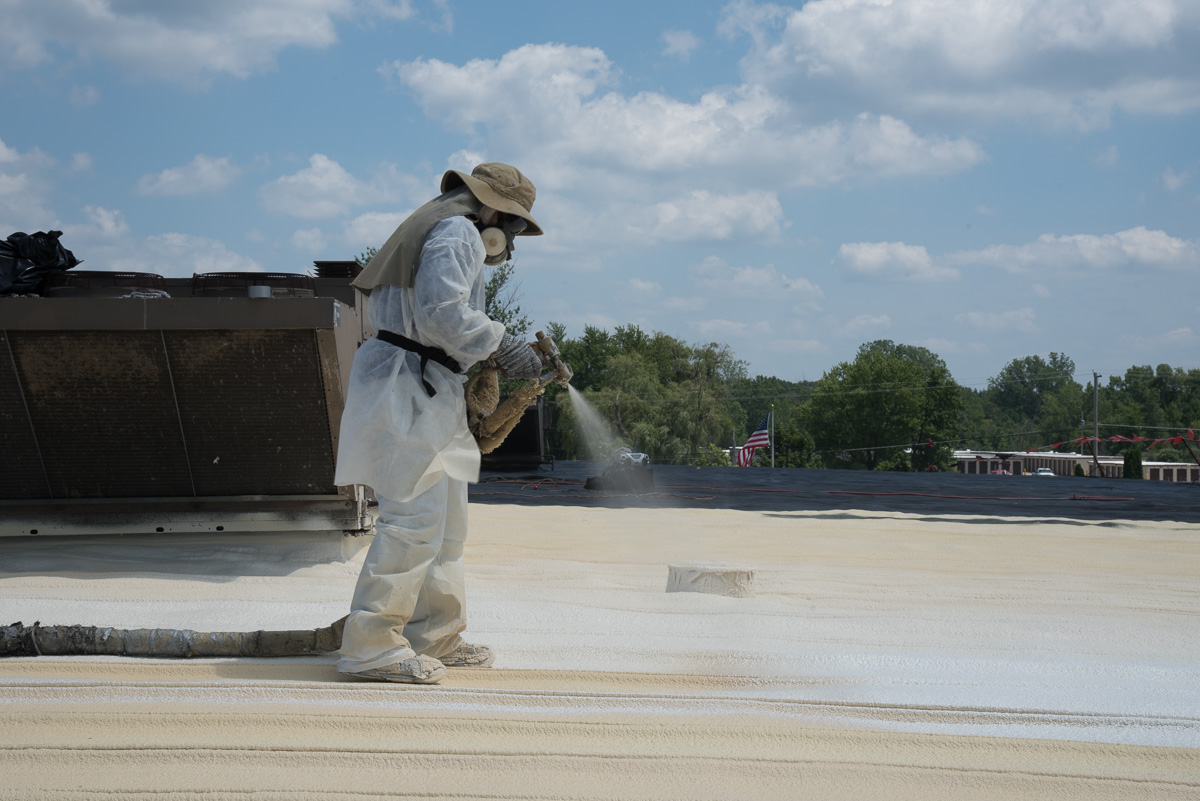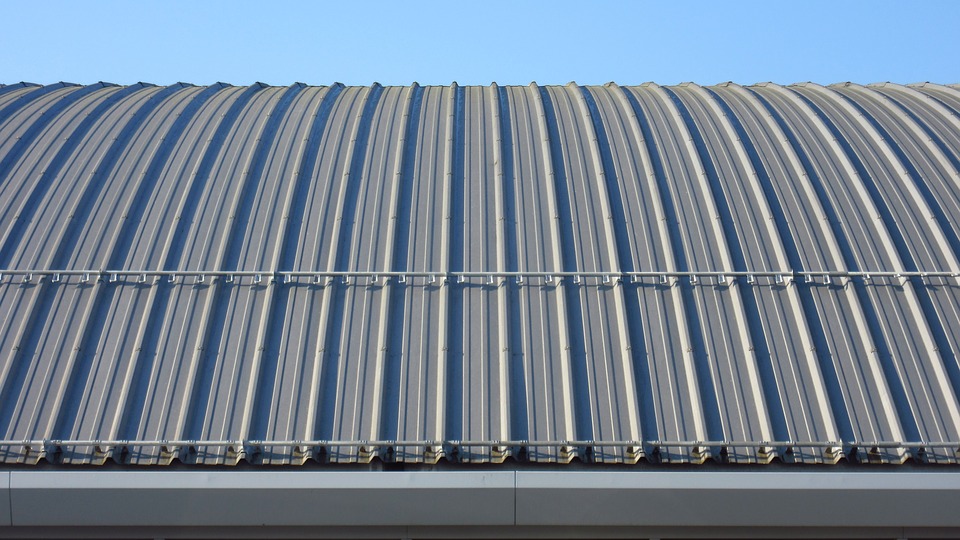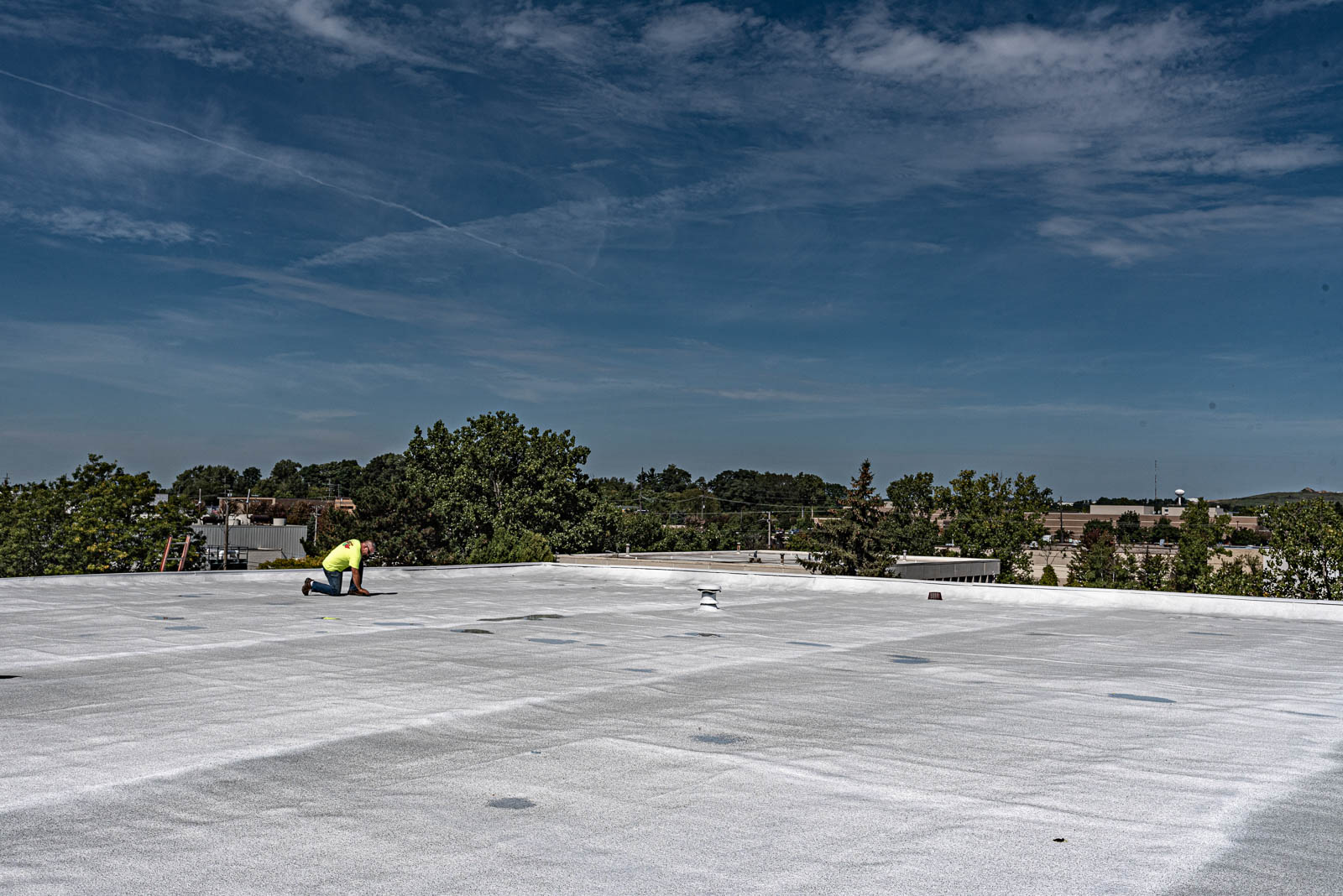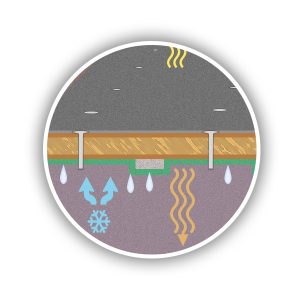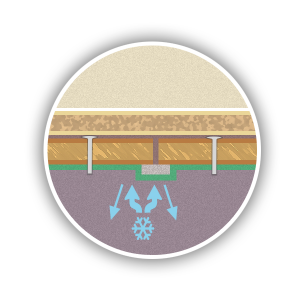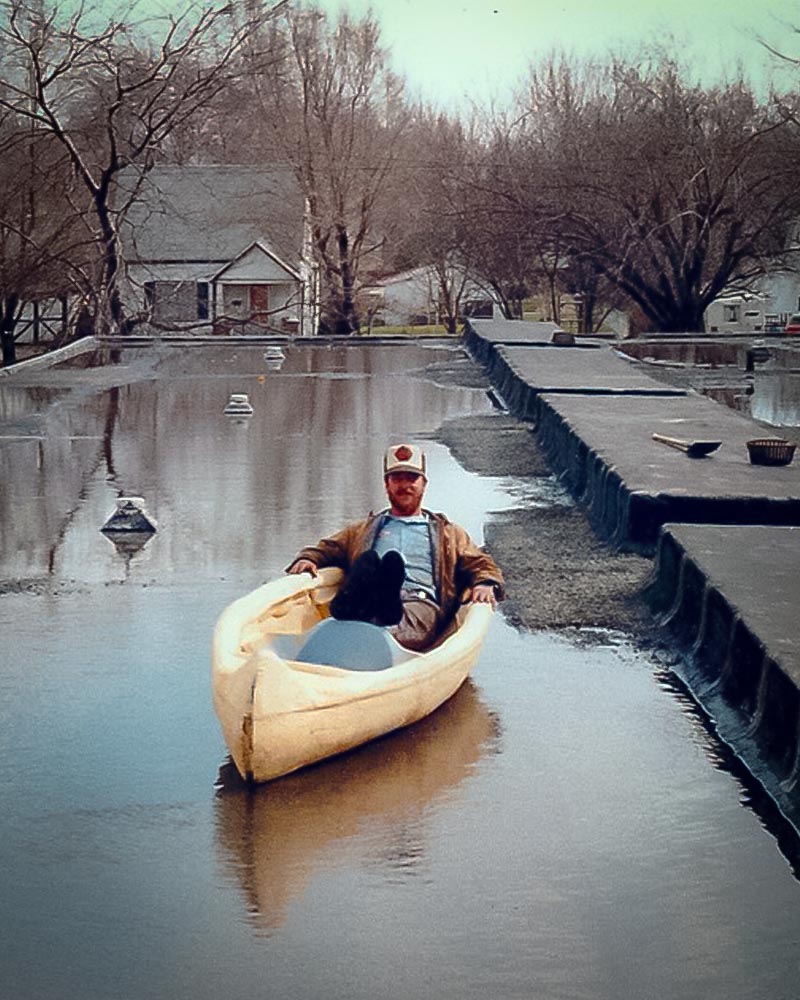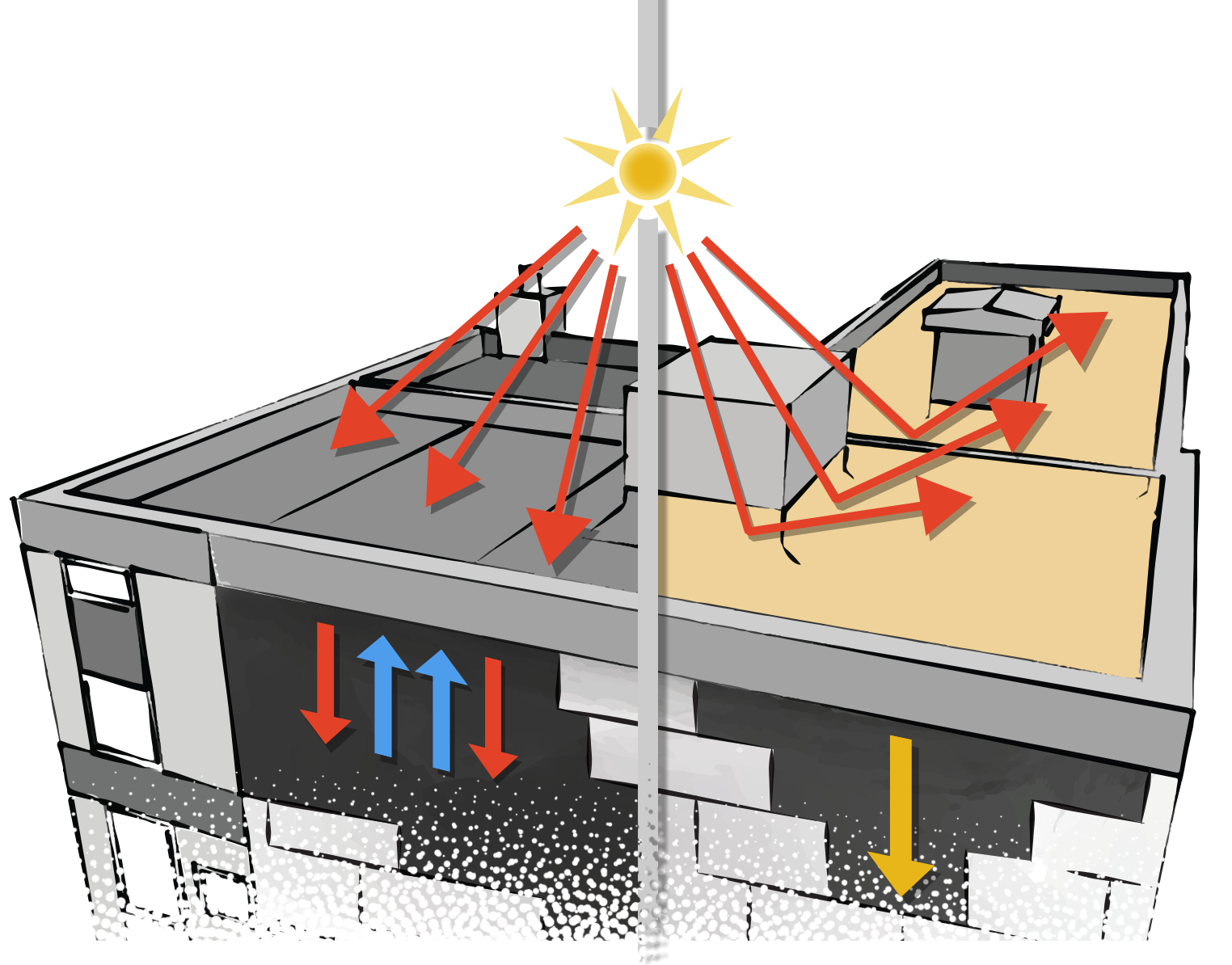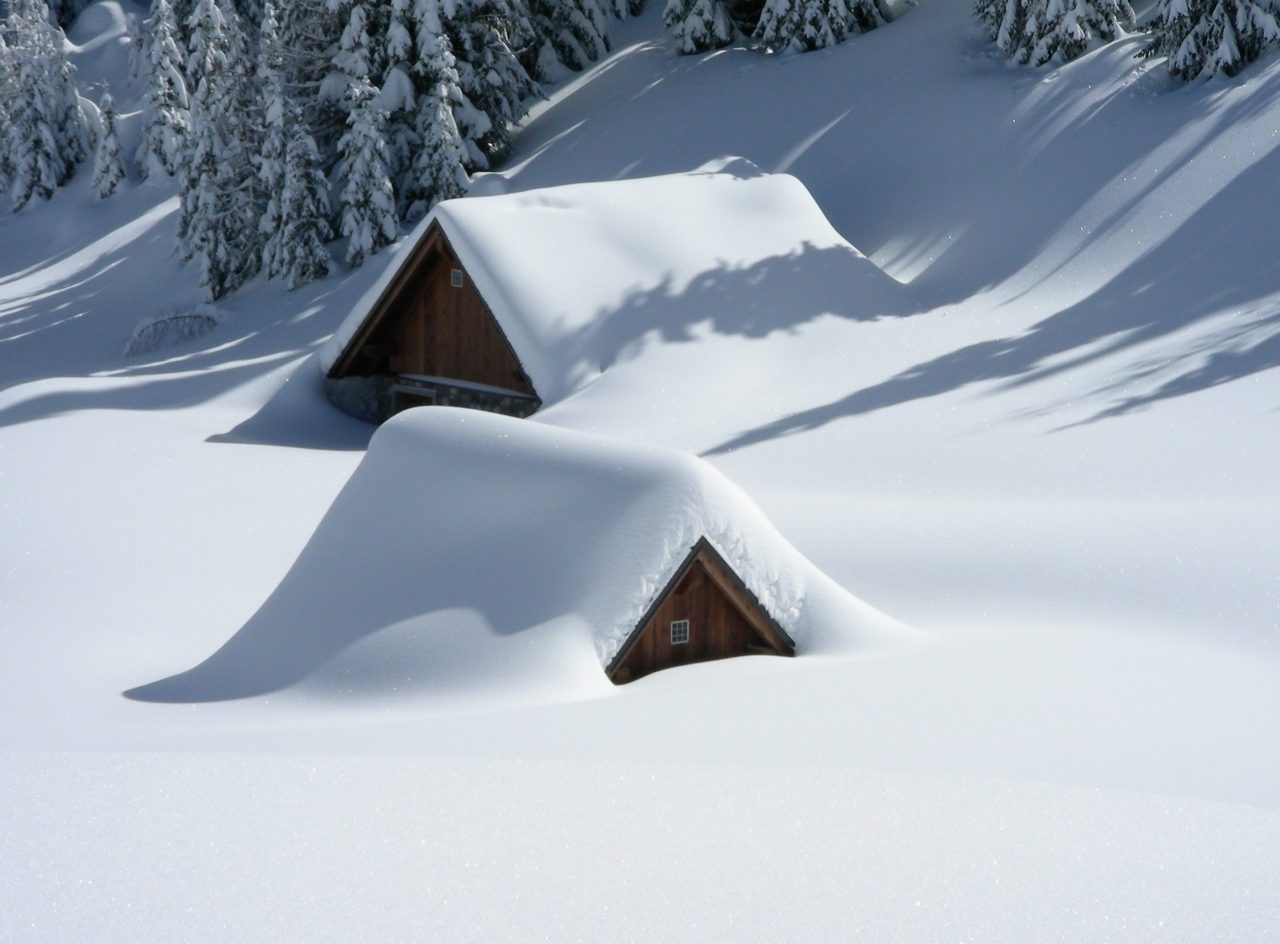
Winter comes quickly in Michigan. For those of us who are familiar, this means roads covered in ice, slushy snow days, and long dark winter nights. From shoveling snow day after day to driving on icy roads, snow can put a lot of stress on homeowners. But it can also put a lot of stress on your roof. In this blog, we’ll outline exactly how snow and ice affect your roof.
Ice Dams Can Cause Leaks
Ice dams start small but quickly become a big problem. An ice dam is a ridge of ice that forms at the edge of your roof and prevents snow from melting and draining off the roof. The water that backs up can leak into a home and damage walls, ceilings, insulation, and more. If ice dams form, they can cause extensive damage to your roof.
Freeze-Thaw Cycles
Nothing can destroy the integrity of your commercial flat roof more than the constant expansion and contraction from repeated freezing, thawing, and refreezing. As mentioned in a previous blog, when snow melts on a flat roof, it can pond. While some of that water will drain as intended, the rest can refreeze. Freeze-thaw cycles can cause damage to the roof as water leaks into cracks and crevices. Keep in mind; excess water can seep into electrical units, causing considerable amounts of damage to HVAC and other units.
Roofing Blisters
When moisture or air becomes trapped under the roofing material, roof blisters form. Most roof blisters start quite small but grow bigger over time as more blisters accumulate. Add in more moisture, which leads to further blistering, and before you know it, you have leaks and, in extreme cases, structural damage.
Additional Weight
Snow is a seemingly-weightless powder, but don’t let it fool you. Excess accumulation of snow on your roof spells trouble and can result in costly damages over time. While this extra weight won’t cause your roof to cave in at any given moment, it may be adding stress, which can affect your roof’s lifespan. Icicles formed on your gutters can also contribute to this excess weight.
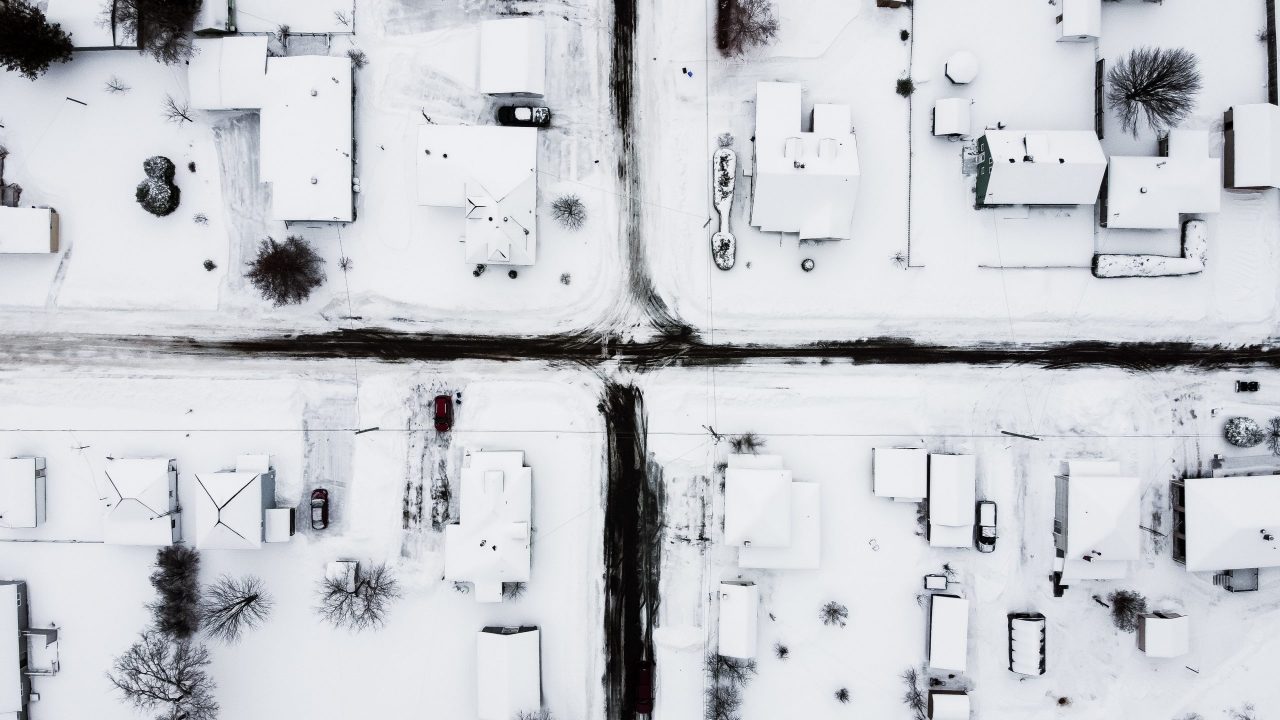
Try to Avoid DIY Snow Removal
Heavy snowfall can cause severe roof damage if not properly removed. However, you should avoid trying to remove snow on your own to avoid puncturing shingles or damaging your roof’s waterproof membrane.
Instead, contact your local roof professional contractor to do the job for you. Call Stony Creek Services for a free estimate.

